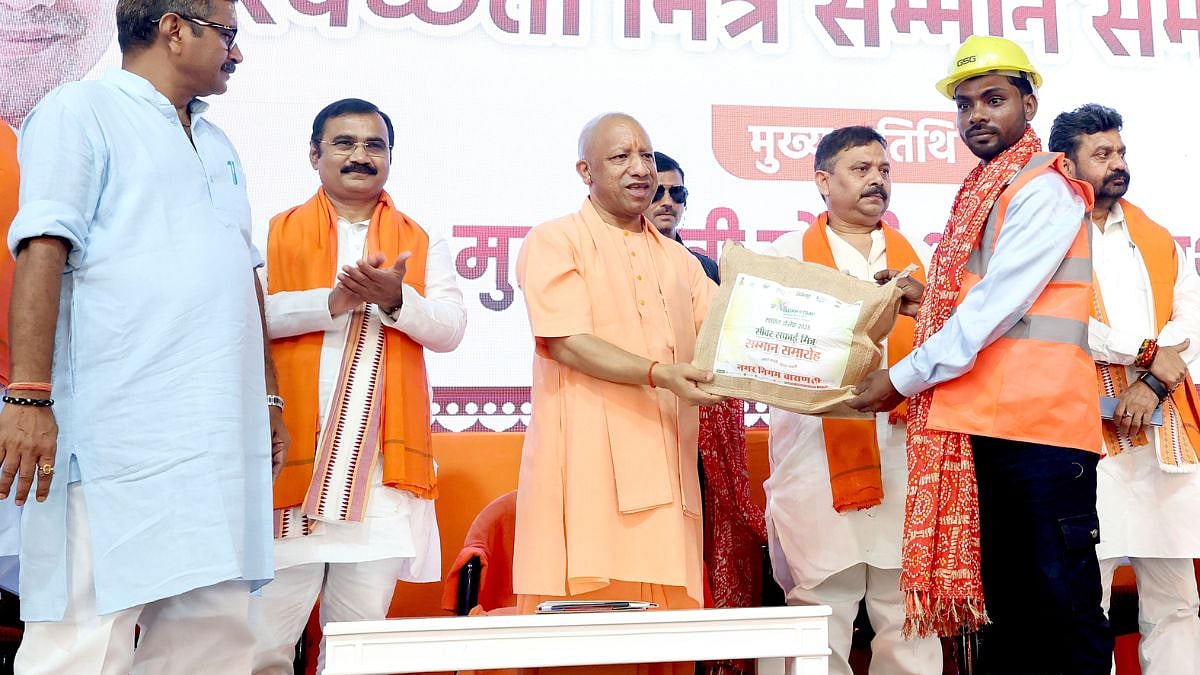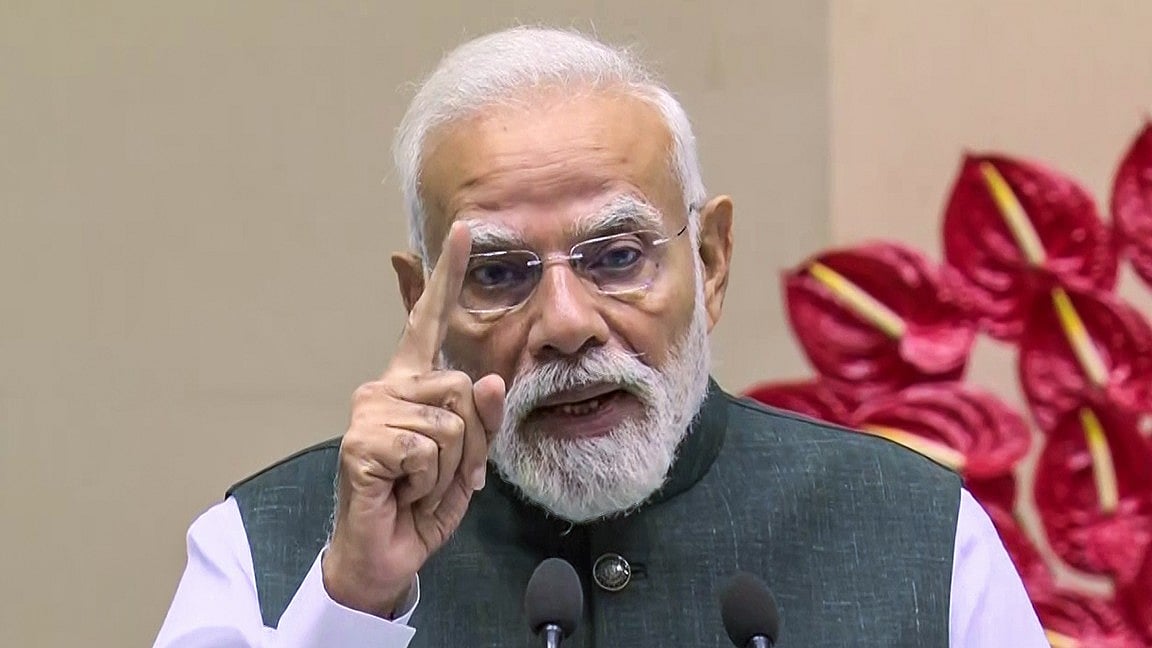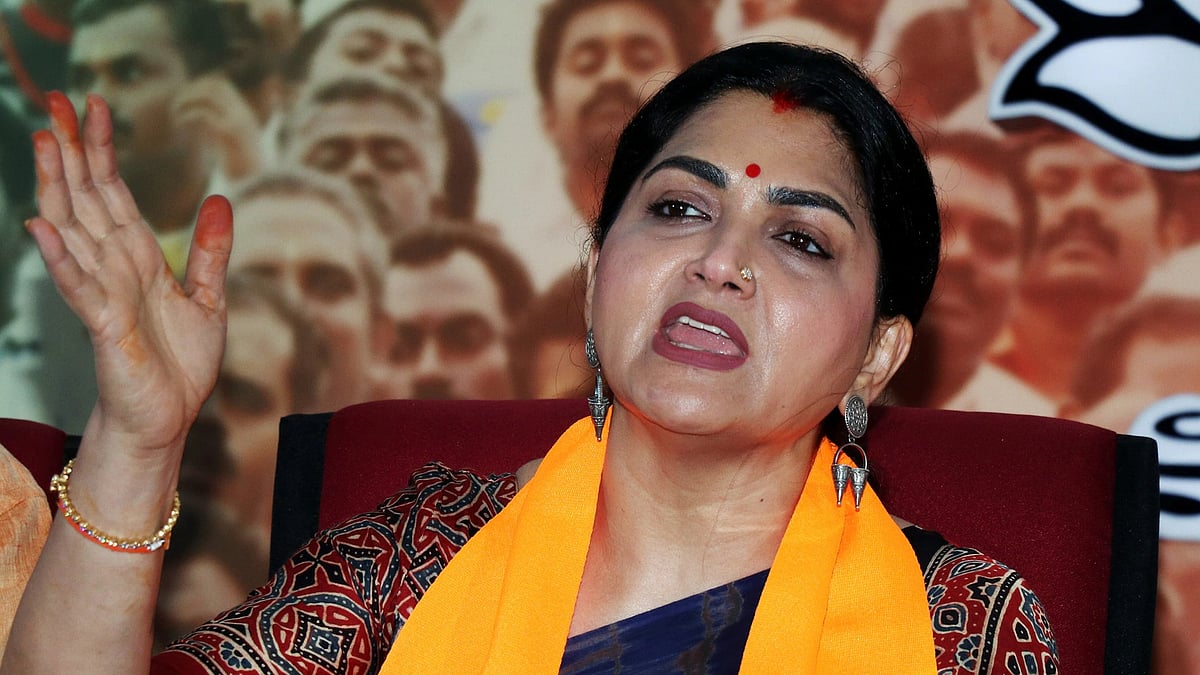National Award-winning filmmaker, Aditya Vikram Sengupta’s third feature in Bengali, Once Upon A Time In Calcutta, is all set for its world premiere at the ongoing 78th Venice International Film Festival (on till September 11). The movie is the only Indian film at this year’s edition and is competing in Orizzonti (Horizons) — an international competition section dedicated to films that represent the latest aesthetic and expressive trends in cinema.
Once Upon A Time In Calcutta also marks Aditya’s return to the Venice International Film Festival after his debut film, Labour of Love, which premiered in Venice Days section in 2014, along with films by veterans such as Kim Ki-duk and Laurent Cantet. He had won the FEDEORA award for Best Debut then. His second film, Jonaki, premiered at the International Film Festival Rotterdam 2018. Once Upon A Time In Calcutta film has been produced by For Films, India.

“This film is a culmination of personal feelings and emotions for the city of Calcutta (now Kolkata) and its people, especially as it tries to catch up with the rapidly changing world. Leveraging real characters and actual events, the film is my effort to chip away the various layers of the previously communist city to reveal a human condition that is tragic and yet full of hope and joy. The film highlights the aspirations and struggles of people gasping for breath in an ever-expanding metropolis. I have tried to give a glimpse into the murky waters of Calcutta, with colourful characters, all trying hard to find a corner of their own without drowning,” said Aditya.
The film revolves around Ela. After the loss of her daughter, Ela not only loses her identity as a mother, but also the only reason to be with her husband. When she is refused a home loan by the bank, her boss, owner of a massive Ponzi scheme, makes her an offer she struggles to accept. Ela reconnects with her stepbrother to reclaim her half of an old family theatre, but he refuses, blaming Ela for his own dark fate. In between all this, Ela’s childhood sweetheart resurfaces and gives her the warmth and hope for a new beginning. Just as Ela starts living the life she had dreamed for herself, she realises that she isn't the only scavenger in the city brimming with hunger.
The film stars Satrajit Sarkar, Sreelekha Mitra, Bratya Basu, Arindam Ghosh, Rikita Nandini Shimu and Anirban Chakrabarti along with debutant Shayak Roy. The cast also includes Aditya’s father, Tridib Sengupta, in a significant role. Turkish cinematographer Gokhan Tiryaki is the director of photography with music by Dutch composer, Minco Eggersman.
When asked how Indian cinema has changed in the last 10 years, Aditya said, “A lot has happened in the last 10 years. Indian cinema has definitely grown with good content and stories. Earlier people had this concept of making films on a large canvas' cinema meant everything larger than life. Now, we have all kinds of stories being made into films. For example, a film like Shubh Mangal Saavdhan was unthinkable even a decade ago in India. These are all content-driven films. Even the most ordinary experiences can be made into films now.”
Aditya says the audience always wanted to watch good content and it were the producers who wanted to play safe with formulaic storylines. “I don’t think the point of view of the audience has changed. I think people who made films earlier have been underestimating the audience all along. There has been no change in the mindset on a massive scale. Rather, the audience has always wanted good stories. But somehow the producers and filmmakers always concluded that the audience wanted to watch the same formulaic films repeatedly. That is wrong and it never works,” he pointed out.

With big commercial releases bombing at the box office, mainstream filmmakers were unable to read the writing on the wall. “The commercial films kept bombing at the box office one after the other. And, no one was bothered! Even the biggest of stars failed to bring in the audience to the theatres. Whether it is a Salman Khan or a Shah Rukh Khan film, if there is no story in the movie, no one is going to watch it. That verdict is out loud and clear!” he reflected.
While talking about the role film festivals play in popularising a movie or taking it to the masses, Aditya said, “Film festivals validate the project and take the movie to a bigger place. They offer global reach. It is basically a place where films are bought and sold; distributors get a platform to come together. The model for film festivals is different from box office. Here, a film is sold to international territories, there is exchange of international rights, the revenue generation is more long term. Distributors purchase films’ rights on the basis of each country. Also, the film will be sold to an OTT platform for five years. When that period is over you can again sell it to another platform. Here, people are not heavily dependent on theatrical release and the corresponding model of earning money. The box office is not an important factor in ensuring profits anymore.”
Sharing his thoughts when asked whether it is a political film or not, actor Satrajit said, “Everything in the world is political, no one can say they are apolitical. It is a political film, but not jingoistic in a way. There is nothing over the top about it. Though I have never been into mainstream popular films, I am better versed with the counterculture in filmmaking. I have been part of Bratya Basu’s theatre projects since 2001. A lot of intellectuals from all over the country have come down to watch our shows. But when Aditya came to watch our shows, that made me extremely happy. When I watched his Labour of Love, I felt he is the kind of director who can convey the kind of message through frames, in the manner I would have liked to. I totally identified with his vision as a filmmaker. When I went for the audition, I prayed I would get through, which I did after a while. He is extremely soft spoken and pays great attention to details as a director.”
In the last couple of years, the domestic market for films has changed completely. Earlier money came in through ticket sales, satellite rights and OTT. Now that most people are not watching TV and the theatres are shut, OTT has evolved into the biggest market of all. Something young filmmakers like Aditya Vikram Sengupta have been using to their advantage, all along!













